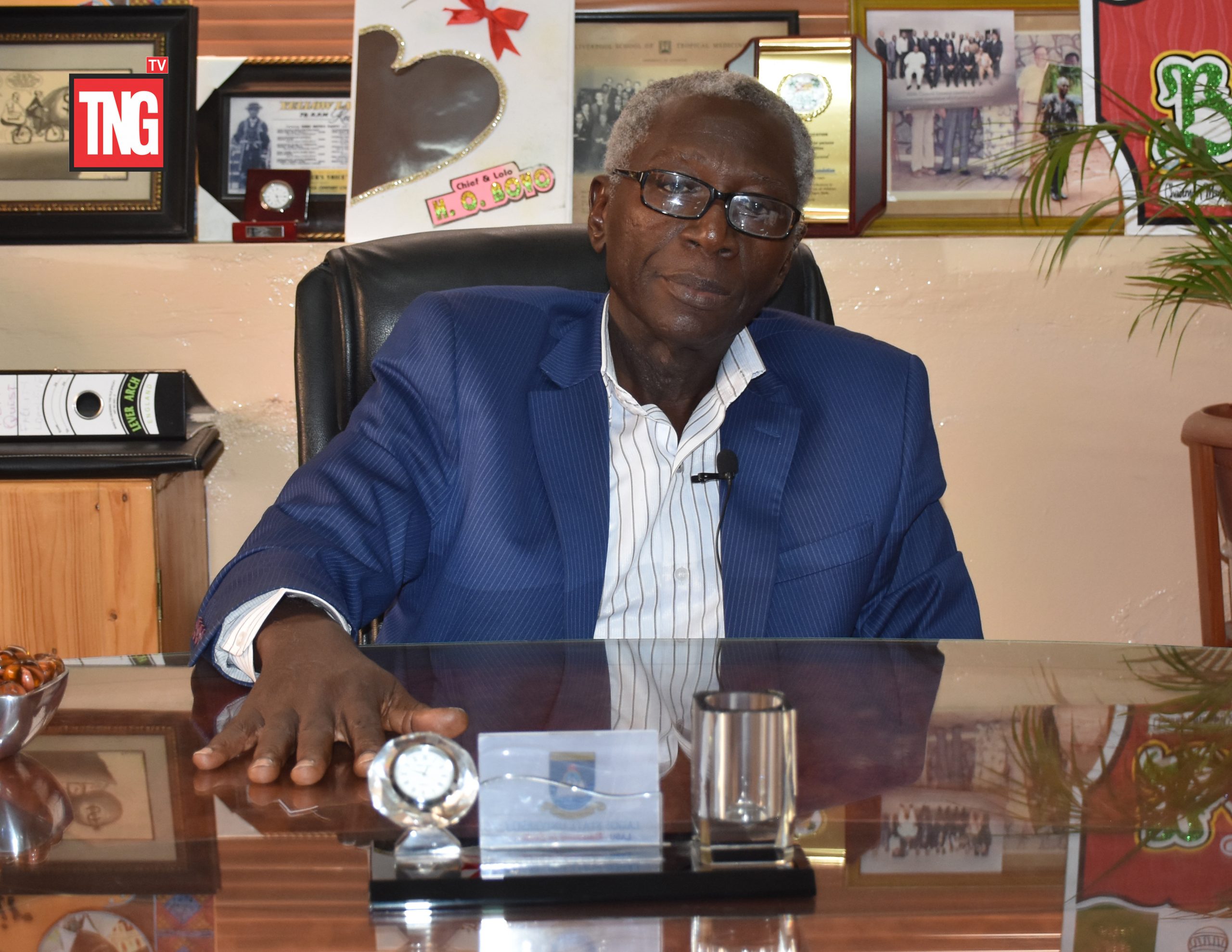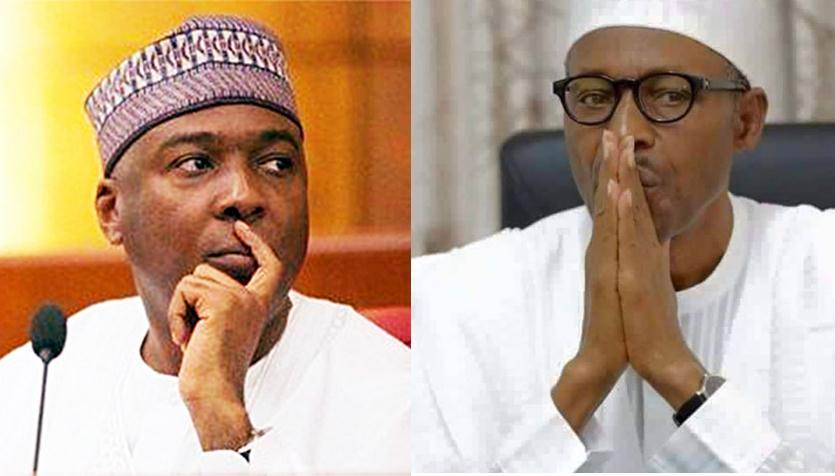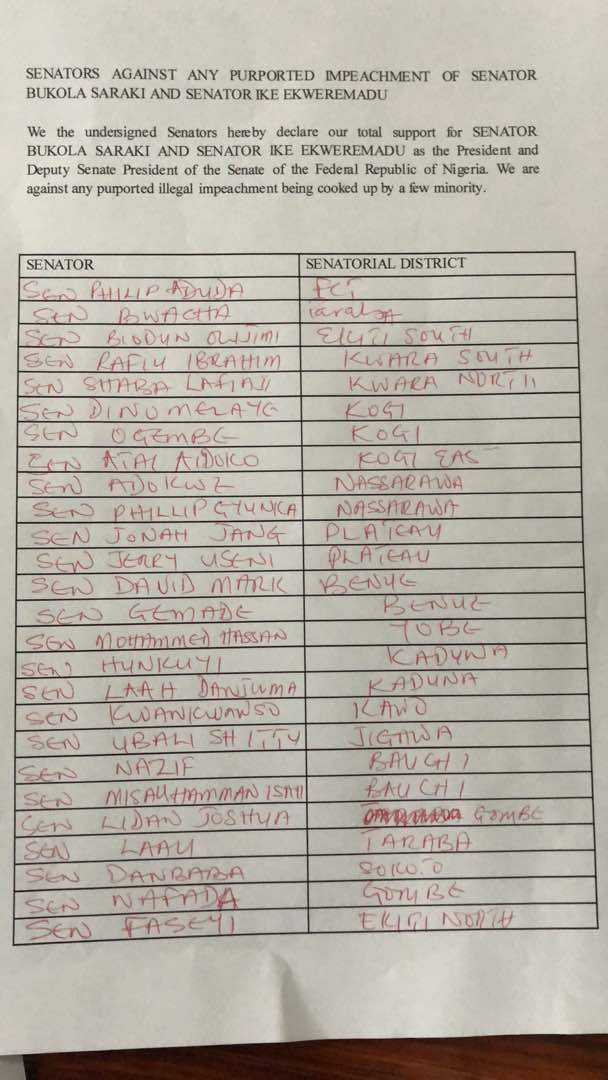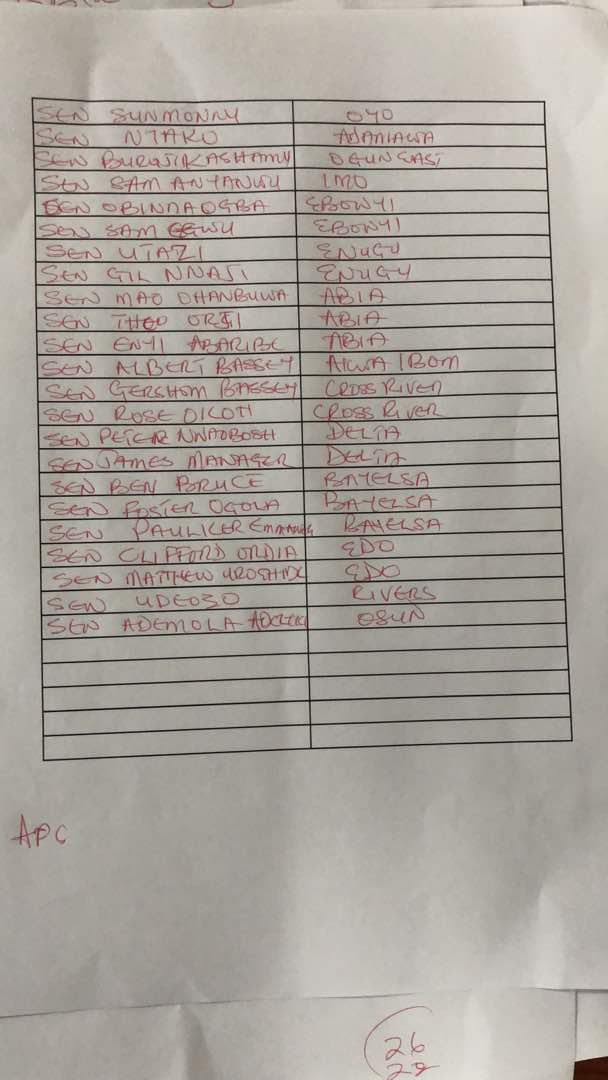By Les Leba
The Director General of the DMO, Patience Oniha, revealed, at a press briefing in Abuja on 15th August 2018 that Nigeria’s public debt, had apparently risen from, just above N2Tn in 2007 to over N22.30Tn ($73.21bn) by June 2018.
Incidentally, before Buhari’s government took over in May 2015, Nigeria’s debt burden stood at N12.2tn; the DMO, reported that States and Federal government also borrowed N2.75tn between June 2017 and June 2018. Consequently, debt level would, probably therefore, rise further, as according to the DMO, only N410bn has been raised out of the N793b scheduled as domestic debt while N850bn also approved as external loans in the 2018 Appropriation Act has not been initiated.
Regrettably, we have managed in the last forty years, to bring the relative poverty rating of our people, to the bottom of the international ladder, despite the abundant blessings of nature and several years of bountiful export earnings.
Inexplicably, however, despite the bloated debt level, and the steady income from Crude oil export, for many years, Nigeria was identified, earlier this year, as the prime contributor to world poverty!
The above title “CBN Don’ Kill Us, Senate Don’ Fail Us!”, was first published in July 2007 (seewww.lesleba.com); the article examines the fundamental cause of increasing debt and deepening poverty in Nigeria. Please read on.
“The biblical verse ‘my people suffer for lack of knowledge’ will probably remain, eternally true. Lack of knowledge has clearly led to individual and collective poverty, despite the bounteous resources within our reach!”
More Nigerians may not be aware that an economy’s failure is usually the product of failed monetary and fiscal policies sustained by each country’s authorities; consequently, our people’s abject poverty, today, can be traced to the unorthodox self-serving manipulation of the instruments of monetary and fiscal policy by our own CBN and Finance Ministry. However, Nigerian Senators missed a golden opportunity to improve their knowledge of the operation of Nigeria’s economy, when Dr. Shamsudden Usman, Deputy Governor of Central Bank of Nigeria, appeared for ministerial screening at the Upper House. The panache in the response of Usman to a question on Nigeria’s external reserves, and the Senators’ timid acquiescence to failed logic, may be an indication that members of the Upper House, probably know very little about how an economy works; consequently, they clearly missed the implications of Dr. Usman’s submission.
“To facilitate our comprehension, the following are excerpts from the ministerial candidate’s ‘sordid’ revelations before the senate: “If you break down this $43 billion (reserves), about $31 billion or 71 percent belongs to the CBN. We are like a bureau de change. The money was earned by the federation; they brought the dollar to the CBN. We took the dollar and gave them naira and they have spent the money. So, all the three tiers of government have shared this $31 billion and spent it. It is like you go to a bureau de change: they give you naira; you go and spend it, then you come back looking at the dollar and say the money is there”.
“So, $31.3 billion of this money is not available for spending…. The only amount available in the Federation Account for distribution, which is the so-called Excess Crude is about $9.9 billion…” (D.Independent, 8/7/2007, pg. A3)”
“If anything, the above narration vindicates my insistent observations, in this column, of the obtuse manner, in which, our dollar export earnings are suicidally infused into the economy. But much more than that, Dr. Usman’s revelations raise a host of questions which glaringly beg for answers. However, the honourable Senators must have been trapped in hypnotic awe of the wisdom of the CBN Deputy Governor, as no one had the temerity to inquire what the distinction was between the nation’s reserves and CBN reserves, or indeed, what business the CBN does to accumulate savings of over $31bn or why CBN accounts have remained unaudited for so many years!”
“It is unfortunate that Usman appears comfortable to see CBN’s role as no different from that of forex mallams at Martins Street or Alade Market; however, what is more disturbing is his patently false claim that the dollars earned, by the federation, were brought to CBN for changing; the question is, who brought billions of dollars to CBN, and which of the constitutional beneficiaries (i.e. the three-tiers of government and Ministries and Development Agencies) ever approached CBN to exchange their dollar allocations to naira?”
“Why would a dollar income earner, who is not retarded, ask CBN to change their dollars to naira, only for that beneficiary to repurchase the same dollars, when required, from intermediaries, at presumably, higher price than the original rate at which his initial export dollars were converted by CBN, before the naira sum was shared? Even a neophyte businessman, would have asked Dr. Usman how CBN arrived at the applicable exchange rate or who, infact owns the profit from billions of dollars that CBN auctions against naira, and sells to banks and forex intermediaries.
The claim by Usman that CBN had paid a naira equivalent of $31bn to government, is an open admission that the apex bank must be engaged in a continuous printing/creation of loads of naira in exchange for the increasing volume of dollars earned from crude oil export; invariably, this process inadvertently, suffocates the market with naira, and ultimately inevitably, steadily depresses naira’s exchange rate! It is surprising that the ministerial candidate did not, himself, recognize, that the grossly skewed framework of having CBN as monopolist supplier of both dollars and naira, is an excellent example of a grossly imperfect market and the related distortions! In glossing over Shamsudden Usman’s superficial explanations of CBN’s monetary operations, the Senate exhibited lack of commitment to identify the root cause of failure of government’s economic policies, despite our bountiful resource base and substantial increase in export revenue over time.
The Deputy Governor’s pyrrhic advice that any attempt to spend the balance $8bn in the so-called “excess crude account”, (the only dollar revenue that belongs to the federation, according to Dr. Usman’s testimony) would“create a cloud or smoke of inflation”, is also an overt admission that payment of naira in place of $31bn dollars revenue is actually, responsible for our continuous state of excess naira liquidity (or too much ‘spendable’ naira in the system) and the compelled need to also waste about N260bn of taxpayers’ money as interest payments, by our Central Bank as cost of borrowing perceived ‘excess’ cash from the tills of beneficiary commercial banks, so as to restrain an inflationary spiral.
Our honourable Senators obviously did not see the connection between fruitless government borrowings of such magnitude and the burden of our current national local debt of about N2 trillion. If Usman had been pressed, he would have confounded the Senators with the reality that, for fear of inflation, most of the hundreds of billions borrowed, primarily from banks, and for which the Central Bank Must pay so much interest, is actually, just stored away in vaults and accounting records and never, applied to enhance social welfare!
Any discerning observer will conclude from the above, that CBN’s practice of unilaterally converting our export dollar earnings into naira is actually the real monster in our economy, as it fires inflation and sustains high cost of borrowing; it is actually the obstacle to our growth and also explains why our people have gradually become poorer, despite increasingly bountiful export revenue. Invariably, if this obtuse system continues, the poverty level of our people will further deepen even when we earn much more dollars.
Unfortunately, the Senate let the ‘real killer’ free, but Nigerians would have confirmed their fate to economic deprivation, if we all choose to keep quiet in the face of the oncoming onslaught on the well-being of our people!” (July 2007)




